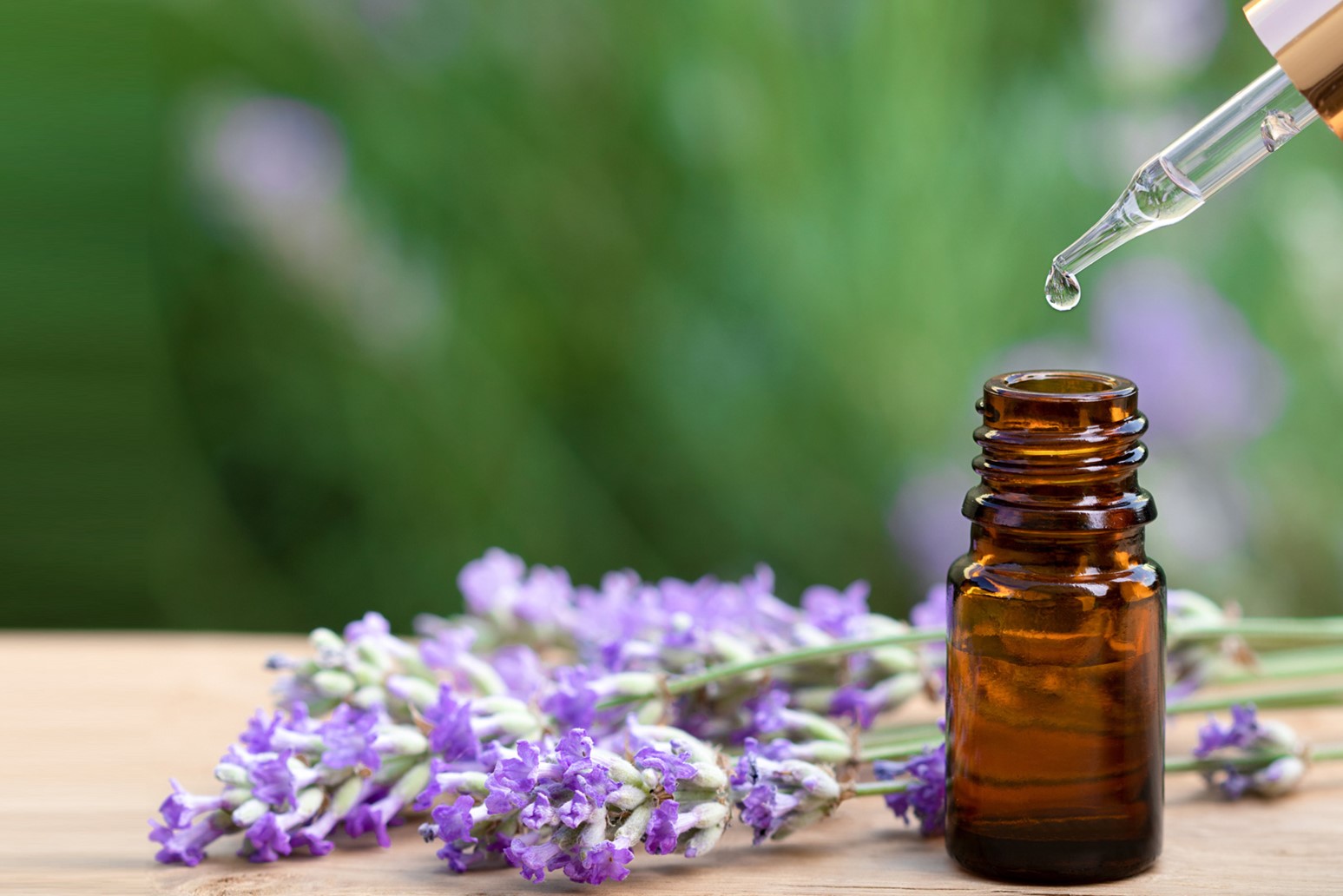
Essential oils have gained immense popularity in recent years for their various therapeutic and aromatic benefits. Derived from plants, these concentrated liquids are known for their distinct fragrances and numerous potential health advantages. From lavender to peppermint, essential oils have been used for centuries in traditional medicine and are now widely utilized in aromatherapy, skincare, and holistic wellness practices. Whether you’re an essential oil enthusiast or just beginning to explore their potential, there are fascinating facts about these natural elixirs that are worth discovering. In this article, we’ll delve into 15 intriguing facts about essential oils, shedding light on their history, uses, and potential benefits.
Key Takeaways:
- Essential oils have been used for centuries in traditional medicine and have over 90 types with unique aromas and potential health benefits. They are highly concentrated and can be used for aromatherapy, skincare, and more.
- It’s important to handle essential oils with care, as they can have antimicrobial and insect-repelling properties. Some are not safe for internal use and may be contraindicated for certain health conditions. Ongoing research continues to explore their potential benefits.
Essential oils have been used for centuries.
Throughout history, essential oils have been utilized for their various therapeutic and medicinal properties. They have been an integral part of traditional medicine in many cultures, including Chinese, Indian, and Egyptian practices.
There are over 90 types of essential oils available.
From lavender and peppermint to tea tree and eucalyptus, there is a wide array of essential oils, each with its own unique aroma and potential health benefits.
Essential oils are extracted from plants.
These oils are typically derived from plant parts such as flowers, leaves, stems, and roots through methods like distillation or cold pressing.
They are highly concentrated.
Essential oils are potent and concentrated liquids, requiring a large amount of plant material to produce a small quantity of oil.
Essential oils can be used for aromatherapy.
Aromatherapy, which involves inhaling the aroma of essential oils, is believed to promote relaxation, alleviate stress, and enhance overall well-being.
Some essential oils have antimicrobial properties.
Certain essential oils exhibit antimicrobial activity, making them potential natural alternatives for disinfecting and purifying the air and surfaces.
They can be used in massage therapy.
When diluted with a carrier oil, essential oils are commonly used in massage therapy to help relieve muscle tension and promote relaxation.
Essential oils are used in natural skincare products.
Due to their purported skin-nourishing properties, essential oils are often incorporated into natural skincare formulations such as creams, lotions, and serums.
Not all essential oils are safe for internal use.
While some essential oils can be ingested in small amounts, many are toxic when consumed and should only be used externally or aromatically.
Essential oils should be diluted before applying to the skin.
To prevent skin irritation or sensitization, it is crucial to dilute essential oils with a carrier oil before applying them topically.
They have potential insect-repelling properties.
Certain essential oils, such as citronella and lemongrass, are known for their ability to repel insects, making them popular in natural insect repellents.
Essential oils can enhance the ambiance of a space.
Through the use of diffusers or spritzers, essential oils can create a pleasant and inviting atmosphere, filling the air with delightful natural scents.
Storage and handling of essential oils is important.
Proper storage, such as keeping essential oils in dark glass bottles and away from heat and light, is essential to maintain their potency and shelf life.
Some essential oils are contraindicated for certain health conditions.
Individuals with specific health concerns or medical conditions should exercise caution and seek professional advice before using essential oils.
Research on essential oils is ongoing.
Scientists and researchers continue to explore the potential health benefits and applications of essential oils, contributing to the growing body of knowledge in this field.
Conclusion
Essential oils have been used for centuries for their various health and wellness benefits. From aromatherapy to natural cleaning solutions, these potent plant extracts have a wide range of applications. It’s important to remember that essential oils are highly concentrated and should be used with caution. Always dilute them properly and perform a patch test before using them topically. Additionally, essential oils are not a replacement for professional medical treatment, and it’s crucial to consult with a healthcare provider, especially if you have underlying health conditions or are pregnant. With proper knowledge and care, essential oils can be a valuable addition to a holistic lifestyle, offering natural support for physical, emotional, and mental well-being.
FAQs
Q: What are essential oils?
Essential oils are highly concentrated extracts derived from plants. They capture the plant’s scent and flavor, or “essence,” and are obtained through processes like distillation or cold pressing.
Q: How are essential oils used?
Essential oils can be used in various ways, including aromatherapy, topical application (when diluted with a carrier oil), and in household cleaning products. They should be used with caution and in accordance with safety guidelines.
Q: Are essential oils safe for everyone?
While essential oils offer numerous benefits, they are potent and should be used carefully. Certain oils may not be suitable for young children, pregnant women, or individuals with specific health conditions. It’s essential to seek advice from a qualified healthcare professional before using essential oils.
Was this page helpful?
Our commitment to delivering trustworthy and engaging content is at the heart of what we do. Each fact on our site is contributed by real users like you, bringing a wealth of diverse insights and information. To ensure the highest standards of accuracy and reliability, our dedicated editors meticulously review each submission. This process guarantees that the facts we share are not only fascinating but also credible. Trust in our commitment to quality and authenticity as you explore and learn with us.
